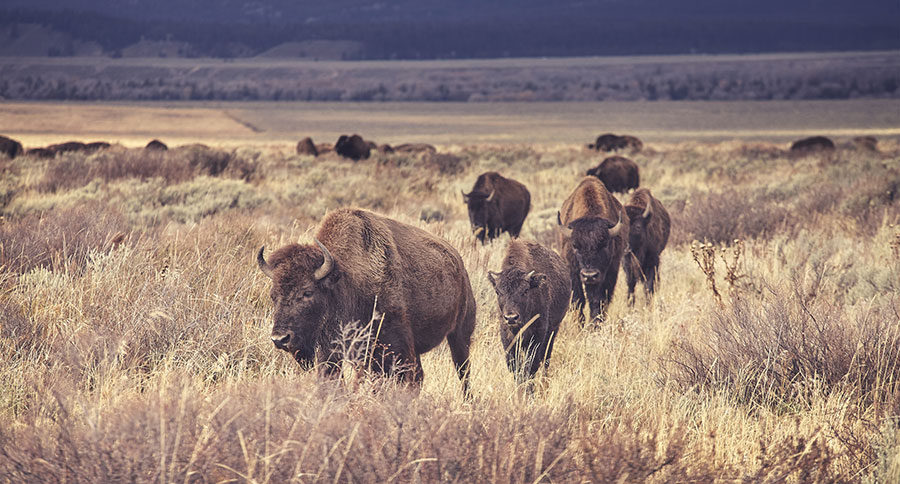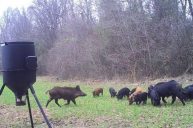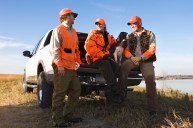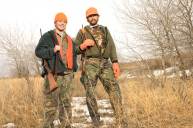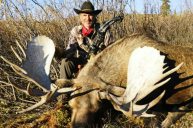Are the "murdering" hunters and the "tree-hugging" conservationists really searching for the same solution?
In a world with more and more voices emerging across the sprawling digital landscape our society seems so drawn to, our screams are becoming louder with no thought to the validity or accuracy of our words.
Politics is the best, or perhaps the worst example we have of this poisoned well from which all sides appear to drink. But the hostility of void-shouting is not confined to ballot box preferences. We men and women of the woods are not immune to the unfortunate failures of communication when we put our passions on display.
Hunters versus Conservationists
As is usually the case, we have two primary groups who, in reality, are not so different in their desires. And yet, the nuanced practice of American wildlife conservation efforts, or how to best approach our stewardship over nature, becomes the stark, black and white depiction of whether to kill or conserve.
People pick sides and draw battle lines, and victory, not understanding, becomes the goal. Hunters are accused of murder, conservationists are equated to extreme activists, people are thrown in jail, and all the while the subtle points of what could be compromised are left lying on the common ground, far below our rising voices.
This is where many folks begin to have blurred vision. Hunters want many of the same things as conservationists. The various ecosystems inhabited by wildlife are dependent on each population having adequate food supply, shelters, etc.
A population becoming too large or too small can easily disrupt things. Hunters help keep this balance in many areas, as do conservationists. Whether it's culling a herd or using protective seed coating on crops, both groups are playing their part to promote a balanced, healthy ecosystem.
Working together for the good of the great outdoors
In the early 20th century, several animal populations were declining, including whitetail deer, elk, and wild turkeys. Today those populations are flourishing thanks to the combined work contributed by passionate hunters and conservationists, and the resulting wildlife management decisions.
If it weren't for hunters, wildlife (and predators) would overrun ecosystems, resulting in crop damage and disease outbreak. If it weren't for conservationists, several wildlife populations would have little to no natural acres of habitat left.
Are there outliers? Of course. There are activists who believe we shouldn't harm any wild animals for any reason, regardless of the environmental impact or practical use. There are hunters who could care less about the importance of sustaining healthy animal populations and are just out for some trophy hunting. Some even disregard wildlife law altogether, and they're called poachers, not hunters.
These aren't the majority in either group, but usually those who scream the loudest.
It's the North American conservation programs that are doing the mostly-quiet work that stalwarts like Theodore Roosevelt would be proud of. If habitat conservation falls by the wayside, future generations won't see what we see, or experience what we experience. It's already happening.
How much wildlife habitat has to be lost or changed before we see eye to eye?
Most of us would mirror that regard for our natural resources. We'd rather concentrate on the thing both hunters and conservationists love: the great outdoors and all the natural beauty and wonder it brings to our world.
And remember, each Duck Stamp that's bought, every hunter education course, every step onto public lands, and every dollar of excise tax from hunting licenses and gear goes towards making outdoor recreation an accessible, enjoyable thing.
Where do you come down? Can hunters and conservationists coexist? Are they really advocating for the same thing? Let us know in the comments.
NEXT: HUNTER NAILS GIANT GROUNDHOG WITH BOW FROM KITCHEN WINDOW
WATCH
